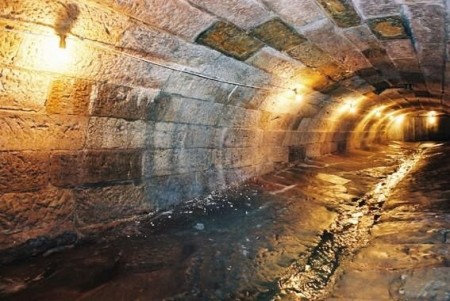Breaks with the past: conflict, displacement, resettlement and the evolution of forest socioecologies in Sierra Leone
A new chapter of mine (co-published with Greg van der Horst) on how the Sierra Leone:
P G Munro and G van der Horst, “Breaks with the past: conflict, displacement, resettlement and the evolution of forest socioecologies in Sierra Leone” in J Lahai and T Lyons (eds) African Frontiers: Insurgency, Governance and Peacebuilding in Post-Colonial States, Ashgate Publishing (2015): 119-130.
ABSTRACT
In contrast to media fixation on the physical violence of recent West African conflicts, scholars have emphasized the lasting effects of massive population displacements. In Sierra Leone, for example, roughly 2 million of a total 3.8 million people had to migrate internally and several hundred thousand more fled to neighboring countries. As many have noted, both the experiences of those who were displaced and later returned home, as well as the dramatic shifts in population geography caused by those who did not, have had considerable impacts on important social issues including ethnic relations, identity formation, (macro)economic patterns and medical services provision. What remain less well understood, however, are the effects of these disruptions and reconfigurations on rural livelihoods and, by extension, on the (re) production of human-environmental relationships across broad swathes of landscape. These are of critical importance to processes of post-war stabilization and reconstruction, since most of Africa’s mainly agrarian populations rely almost entirely on the productivity of their immediate landscapes for subsistence and small-scale commercial production. Focusing on Sierra Leone, in this chapter we draw on extensive field data to describe how rural residents’ responses to both the vagaries of intense and chaotic conflict as well as the unstable conditions of peacebuilding have produced a considerable transformation of people-forest relationships across the country








